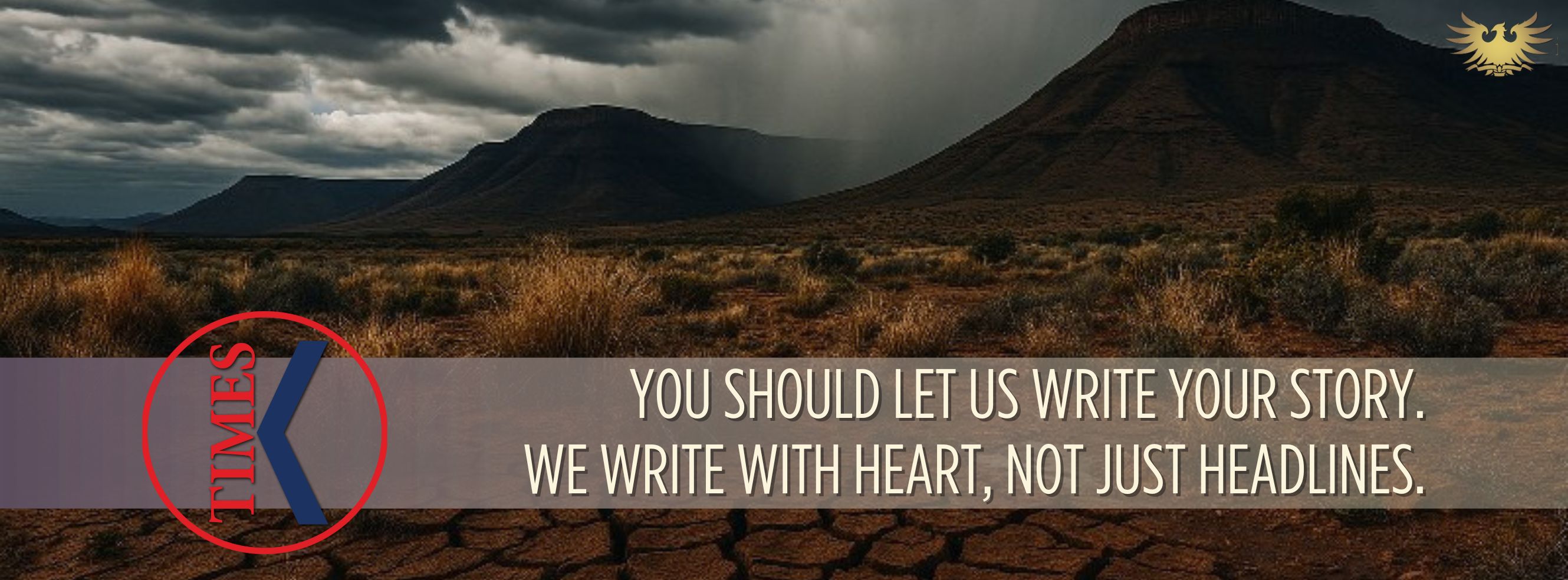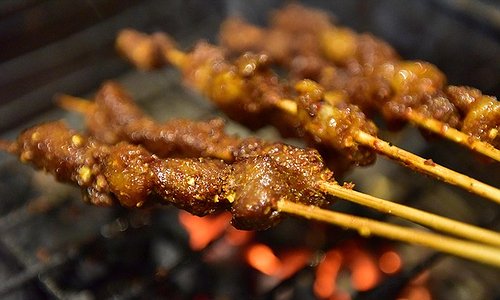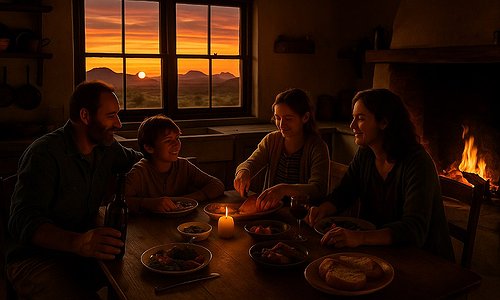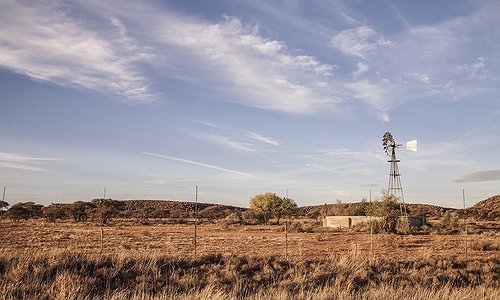Balancing fracking and farming in the southern karoo

Farmers in the southern Karoo, particularly around Prince Albert, Beaufort West, and Laingsburg, are facing a complex challenge. Known for its hardy merino sheep and ostrich farms, this semi‑arid region relies heavily on groundwater drawn from ancient aquifers.
Recent interest in shale gas has brought the promise of jobs and investment through hydraulic fracturing, but it also risks threatening the lifeblood of local agriculture.
Jobs and energy security promise
South Africa's energy crisis has prompted the government to revisit shale gas development in the Karoo Basin. Officials claim reserves range from 13 tcf to 209 tcf and suggest even 5 tcf could power a 1 000–2 000 MW gas plant for decades.
This has led to the auctioning of at least ten onshore exploration blocks west of Beaufort West and towards Prince Albert. Proponents stress that shale gas could generate tens of billions of rand annually and create up to 700 000 jobs.
Environmental and agricultural concern
Groundwater use for fracking has raised alarms in towns such as Prince Albert, where rainfall is sparse and water is already under pressure. Fracturing each well requires millions of litres of water, enough to sustain livestock and crops for months.
Local farmers, particularly sheep and ostrich producers around Laingsburg, Jane Furse and the Swartberge foothills, fear reduced water availability and contamination of aquifers feeding boreholes.
Unique geology adds to the risk. Dolerite intrusions into shale make drilling more complex and create higher chances of chemical leaks undetected into underground water systems.
The use of aquifer water from deeper layers has already raised red flags, especially given warnings about salt contamination from experts such as the late Professor Gerrit van Tonder.
Temporary jobs vs lasting livelihoods
Shell’s exit in 2018 highlighted doubts over long‑term profitability. Foreign companies like Falcon Oil & Gas continue under renewed interest, yet locals warn about the transient nature of fracking jobs.
Environmentalist Jonathan Deal, CEO of Treasure Karoo Action Group, has noted that jobs from fracking may last for only a few years, while the environmental damage, such as polluted water or soil erosion, could persist for generations.
Merino farmers south of Beaufort West stressed that any reduction in water quality would devastate wool production and farm value. Clean water supports both livestock and the expanding tourism sector in towns like Prince Albert, where farm stays are increasingly popular.
Regulatory landscape and public opposition
A moratorium on fracking was placed in April 2011 and lifted in September 2012, pending environmental and regulatory review. Environmental groups such as Greenpeace, Earthlife Africa and TKAG have long opposed fracking near organisations such as the Square Kilometre Array in the Karoo. Their concerns centre on water contamination, air pollution, and threats to tourism and agriculture. Government plans proposing water transport from outside the Karoo or offshore desalination raise further controversy. These options may be economically and technically demanding, especially for rural towns with limited infrastructure.
Charting a balanced path forward
Karoo stakeholders emphasise cooperation across farmers, local municipalities, scientists, and regulators. Experts recommend exploratory studies, “virtual wellfields” and comprehensive environmental impact assessments before commercial drilling commences. Local input is critical to avoid undermining longstanding livelihoods based on sheep farming and ecotourism.
Scientific studies suggest that until groundwater scarcity and contamination risks are fully understood, large‑scale fracking should be paused. Some voices argue for promoting renewable energy over shale development, both to preserve water and to support longer‑term job growth in the Karoo.
An encouraging development has been the formation of multi‑stakeholder groups, though farmers near Prince Albert remain cautious. Their livelihood depends on healthy land and water systems - resources that fracking threatens more than it offers immediate gains.
Karoo communities face a classic conundrum. Shale gas exploration offers quick‑paying jobs and tax revenue, but possibly at the cost of an irreplaceable agricultural foundation rooted in groundwater and soil health.
The region’s future hinges on striking a careful balance: rigorous environmental assessment, community consent, and economic diversification. Without this, the promise of a short‑lived fracking boom could erode regional wealth built up over generations.




